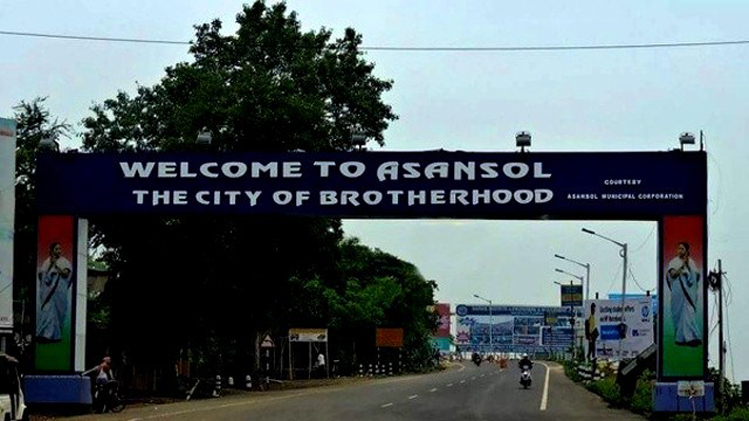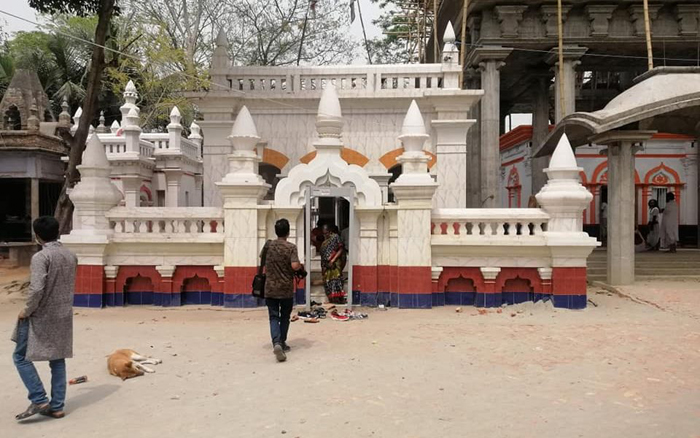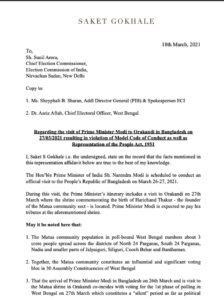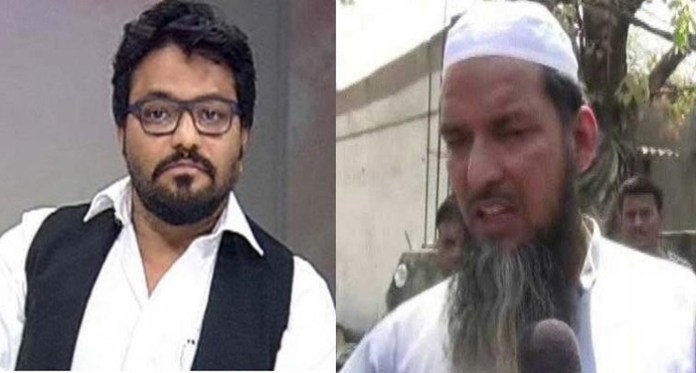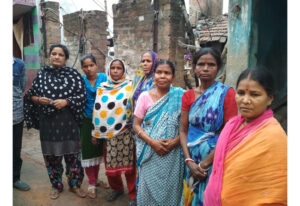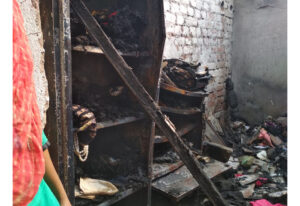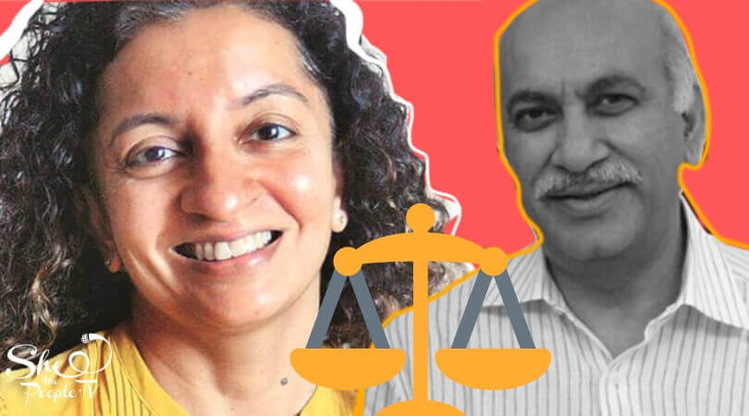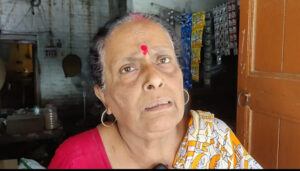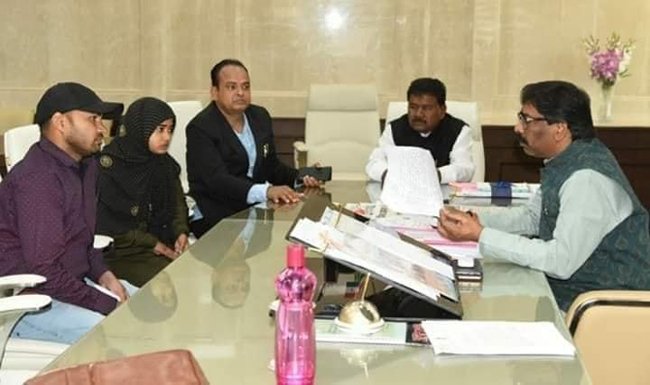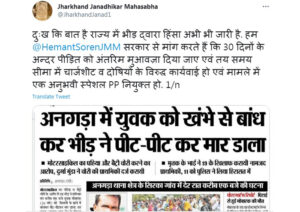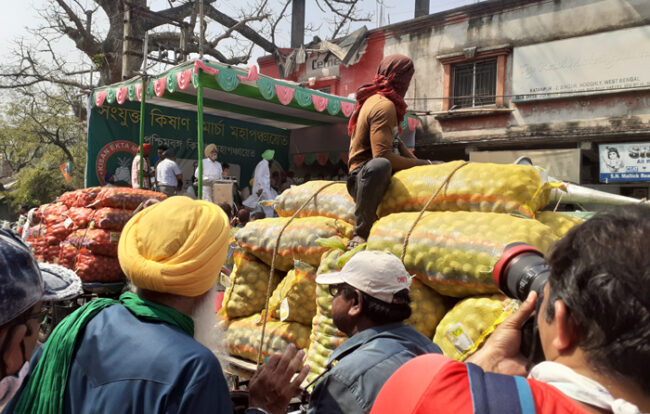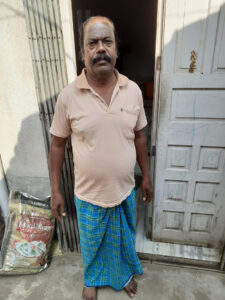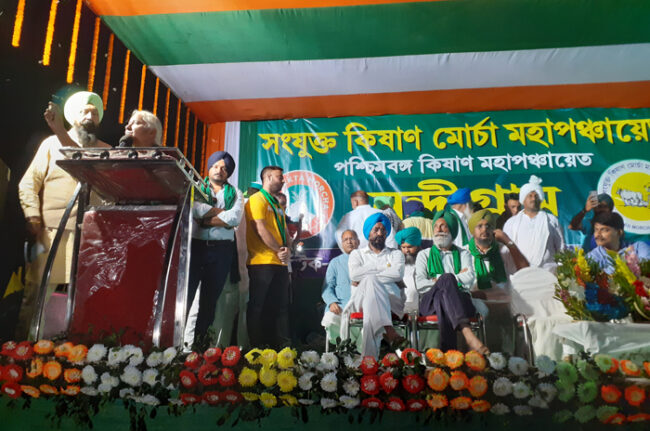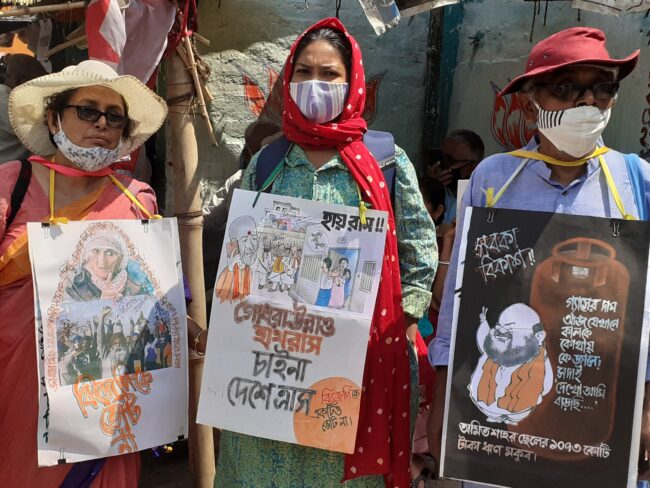Asansol/Kolkata: BJP won’t be able to repeat 2019 results in the Asansol belt in 2021 if TMC and Left Front can retain their bases. TMC bagged five out of seven assembly segments under Asansol parliamentary constituency in 2016. CPM held two. BJP was distant third even two years after its victory in the LS poll in 2014. But the saffron brigade got leads in all seven in 2019 in the aftermath of communal riots in 2018.
The Modi wave did not work in the last assembly election. But the scenario changed after the riots over Ram Navami rallies by BJP-VHP that went through Muslim mohallas while the Sangh DJ boxes disgorged provocative songs and slogans. Competition over Ram politics by some TMC-turned BJP leaders like former mayor Jitendra Tiwari who have stakes among the Hindi-speaking population worsened the situation. TMC, generally seen as a pro-Muslim party, was almost divided along religious lines in the riot-hit Asansol North and Raniganj. Some leaders from both communities instigated their coreligionists to violence.
Consequently, BJP got a good lead in all seven segments in 2019. The victory margin for Babul Supriyo increased to the tune of around two lakh votes. The saffron party’s vote share crossed 51 percent with a phenomenal hike of around 15 percent. Correspondingly, CPM’s vote share nosedived to 7.8 percent as it lost more than 15 percent votes. Congress was also down to meagre 1.7 percent, poorer by 2.54 percent. TMC stood second by bagging more than 35 percent votes, an increase of around five percent in comparison to its 2014 tally.
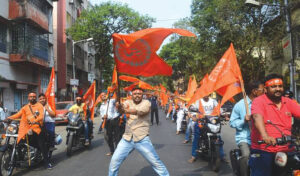
Hindi-speaking and working-class voters
The Hindi-speaking working-class population here is generally inclined to vote for BJP, local observers said. But the saffron party is nowhere close to a clean sweep this time. TMC will make a deep cut across the belt and the Left alliance will do the same in some of the seven seats, they pointed out.
According to a local vernacular journalist who did not wish to be named, TMC has distanced itself from Hindi-speaking voters since the 2014 victory of BJP. “TMC leaders have promoted Bengali-Bihari binary over the years. Hindi-speakers are being treated as outsiders despite having settled here for generations. There is a feeling of discrimination and grievances over Muslim appeasement during and after the last riots,” he said. BJP has already made good use of Mamata Banerjee’s ‘outsider’ tag earlier by calling it an insult to upcountry settlers.
Nevertheless, Modi’s party won’t be able to make a cakewalk among them. “There is no Modi wave this time. The promise of Sonar Bangla hardly appeals as people know the reality of Sonar UP and Bihar. People across the communities are angry with fuel price hikes. Further, the inclusion of coal, sand and iron scrap mafias including the TMC deserters among the BJP candidates have stoked the infights,” the middle-aged scribe added.
Sudipta Bose, an independent trade union activist who works among the contract laborers of different backgrounds in Eastern Coal Field collieries in Raniganj-Dishergarh-Pandaveswar belt, said Mamata would be able to attract a section of Hindi-speaking workers by dint of her popular cash benefit schemes et al.
“The TMC government did not discriminate in providing food to the poor during the lockdown months. Hindi-speaking students also got cycles and funds under Kanyashree. They have been listed in Swasthya Sathi health scheme also,” she observed. “Religious politics has good traction among the Hindi-speaking. But the appeal of the Hindutva ideology is much less than a pragmatic desire to see the change of guard after experiencing TMC hooliganism and corruption.”

The appeal of old Left politics of class unity above religion and language divides has nosedived following the closures of big public and private sector factories and the consequent devastation in socio-economic life in labor colonies around them. The huge surge in sectarian identity politics has been coterminous with the rise of unorganised sectors, a sharp reduction in the rank of regular factory hands, and fragmentation of workforce into small permanent staff and army of casual-contract laborers as they are made to compete over shrinking wages as well as living space, above all, job security.
“Workers get united over their bread and butter issues. But unionised do not see non-unionised and contract labor at par when their interests clash. Moreover, religious-caste-linguistic divides are rampant now in their social-political consciousness with the Hindu-Muslim narrative being a dominant one. Even Dalit and tribal hands are not free from it,” Sudipta observed.
The closure of the iconic Burn Standard and Hindustan Cables by the Narendra Modi government in the same year did not affect the voting pattern. Workers felt that the units, though sick for years, could have been revived with proper technology up-gradation and marketing. They are yet to receive their full dues.
Vote boycott
The wagon colony residents around Burn Standard have refused to vacate their quarters till the full payment. In retaliation, the factory authorities had stopped water and electricity supply. The supply has been partially restored at the intervention of the district administration. In desperation, the residents have called for a vote boycott this time, Rabin Pramanik, a young local scribe said.
“But the plight of the workers’ families of closed units and increasing privatisation of public sector companies including banks may affect some unionised labor, government employees and educated middle class only. A good section of Bengali and Hindi-speaking scheduled castes and tribal voters have been swayed by the religious affinities,” Pramanik observed.
Recalling the 2018 riots in Raniganj that had witnessed massive vandalism, CPM corporator Arij Jalees there said that BJP-VHP had used mainly Hindi-speaking Dalits against Muslims. The saffron brigade has gained ground among the Left support base in the slums dominated by lower castes and tribes at the outskirts, more since 2016. Sudipta saw a much larger pattern in it. “Dalit youths who are either jobless or poorly paid workers in unorganised sectors are being increasingly criminalised by BJP moneybags in Asansol-Ranigani-Durgapur industrial zone to use them in communal violence and anti-trade union politics.”
(To be continued…)


